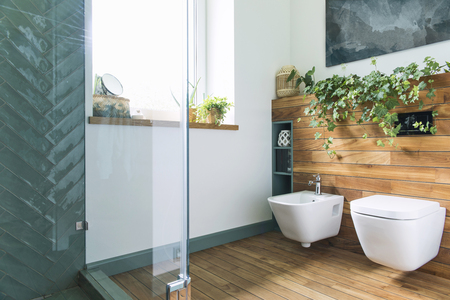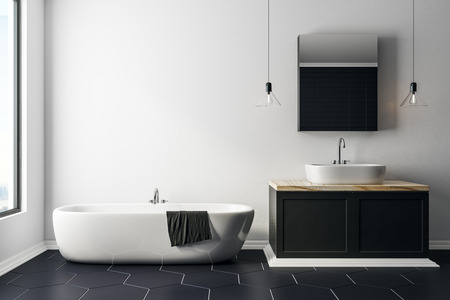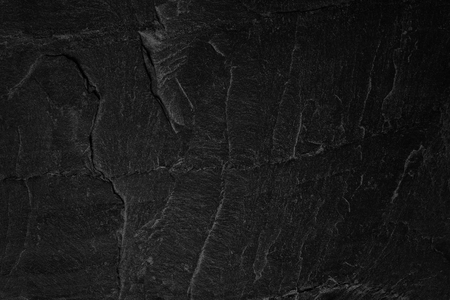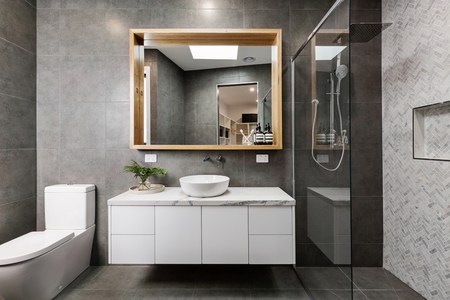Replacing Your Current Flooring
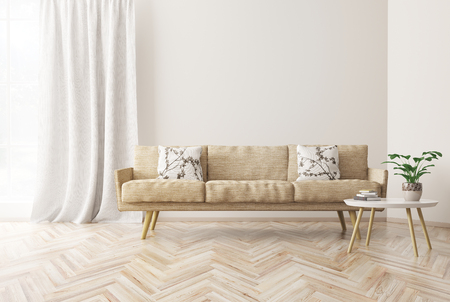
Are you thinking about replacing your current flooring? If so, please keep in mind that choosing specific flooring can actually increase the value of your home. Your home is most likely the most substantial investment you will ever make. In fact, replacing your floors is a good thing that will not only fit your budget but will upgrade the design style of your home. Below, you will find some tips that will answer your questions and motivate you to start this project.
Hardwood Floors
Homebuyers will pay more for hardwoods because they are beautiful and timeless. Harwood offers many species and styles to fit any style. You can choose from Oak, Pine, Maple, Brazilian Cherry, Hickory, and many more. Harwoods are easy on your back and feet, compared to tile floors. Plus, they are easier to clean than carpet.
Natural Stone
Travertine, slate, and other natural stones are stylish, durable, and timeless. Not to mention, they are perfect for indoor and outdoor use. Natural stone is a product that blends well with other décor and flooring. It comes from the earth and has been around forever, and will continue to be popular!
Porcelain & Ceramic Tile
The toughest residential tile is porcelain tile. If you have children and animals, tile is your best bet. It is water-resistant and does not succumb to scratches. Tile is also beautiful and stylish. If you choose neutral colors like white, gray, and beige, they will mesh beautifully with your decorating style and other floorings.
Vinyl Flooring
With new technology, vinyl floors are quite the rage now. With improved printing processes, vinyl really looks like hardwood and tile floors. Vinyl plank flooring is installed by the individual planks, just like hardwood. Consider luxury vinyl tile (LVT); it is durable with fantastic style.
Looking for additional advice? One of Carpets N More‘s expert sales associates would love to assist you. Please do not hesitate to call or visit us today!
